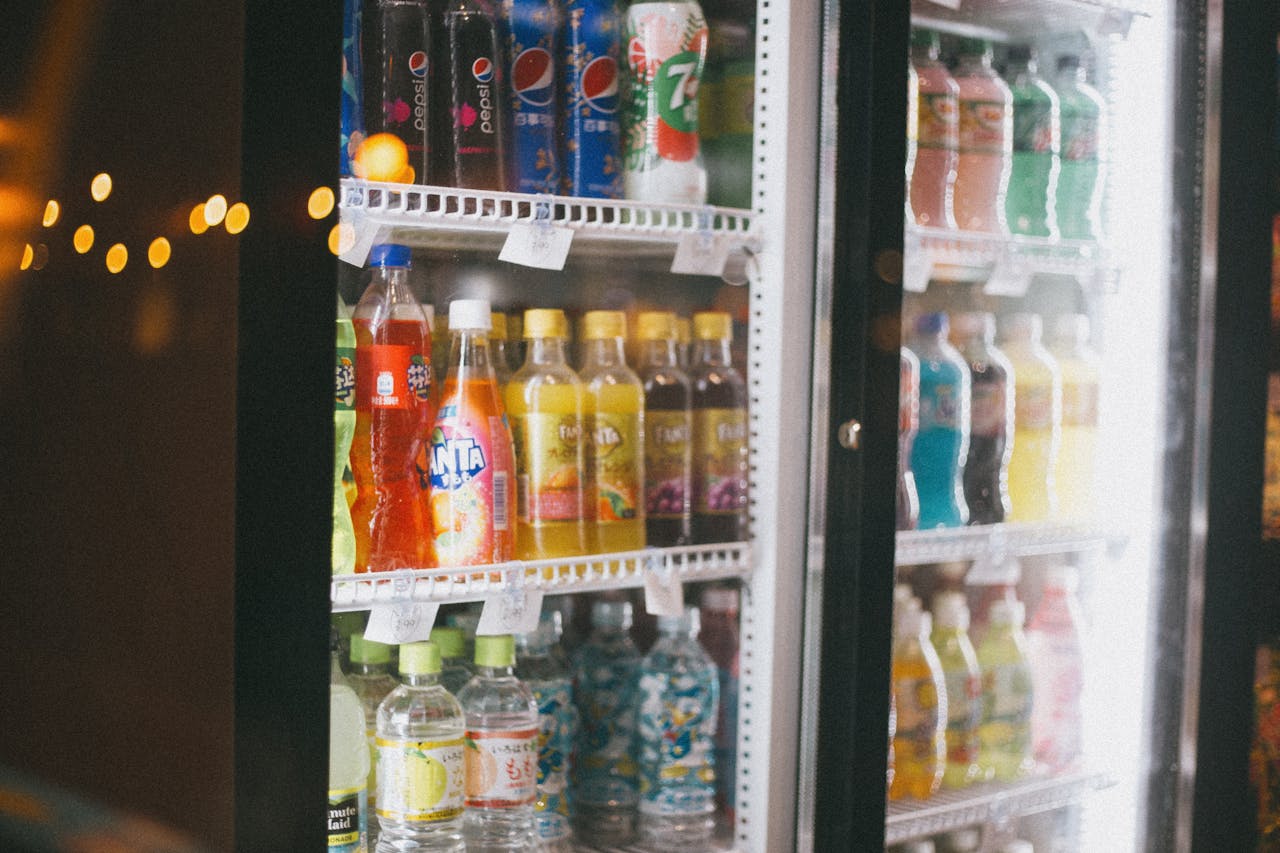
Eco-friendly Commercial Refrigeration Practices for Australian Businesses
As consumers become increasingly environmentally-conscious and demand eco-friendly products and services, businesses worldwide are making strides to adopt sustainable practices in their operations. Within the commercial refrigeration industry, this has led to the development of energy-efficient technologies and the implementation of eco-friendly best practices to minimise environmental impact while maintaining optimal performance. If you own or manage an Australian business reliant on commercial refrigeration, it's essential to stay ahead of the curve and embrace eco-friendly practices that promote sustainability and reduce energy consumption.
In this comprehensive guide, we will explore the benefits of integrating eco-friendly practices into your commercial refrigeration systems and delve into practical tips and recommendations on how you can make your operations more sustainable. By adopting energy-efficient technologies and employing best practices, you can significantly reduce your environmental impact, lower your energy bills, and bolster your business's green credentials—a critical aspect of attracting and retaining environmentally-conscious customers in the competitive Australian market.
1. Energy-Efficient Refrigeration Technologies
Investing in energy-efficient equipment is a critical step towards making your commercial refrigeration system more eco-friendly. Here are some cutting-edge technologies that can contribute to optimal performance and sustainability:
- Hydrofluorocarbon (HFC)-free refrigerants: HFCs are potent greenhouse gases that can contribute to global warming when released. Switching to HFC-free refrigerants, such as natural alternatives like ammonia, carbon dioxide, or hydrocarbon-based options, can help minimise your environmental impact and reduce your carbon footprint.
- Variable speed compressors: Compressors use a significant amount of energy, and traditional fixed-speed models operate at full power regardless of load conditions. Upgrading to variable speed compressors allows you to modulate energy consumption based on system demand, which can lead to significant energy savings.
- LED lighting: Traditional incandescent or fluorescent lighting can consume excess energy and generate heat, contributing to energy waste in your refrigeration system. Switching to energy-efficient LED lighting not only lowers energy consumption but also reduces the heat generated, helping maintain a consistent internal temperature.
2. Sustainable Refrigeration System Design
Adopting sustainable designs in your commercial refrigeration system can help reduce energy consumption, minimise waste, and promote overall sustainability. Consider the following eco-friendly ideas when designing or upgrading your system:
- Insulation: Adequate insulation is critical for maintaining optimal temperature levels and reducing energy consumption. Ensuring that your refrigeration system has proper insulation, including the use of high-efficiency insulated panels, can contribute to energy savings and sustainability.
- Evaporative cooling: Integrating evaporative cooling technology into your refrigeration system can help lower energy consumption and reduce refrigerant-related environmental impacts. This innovative approach utilises natural processes to achieve energy-efficient cooling, making it an eco-friendly alternative for your business.
- Adaptable layouts: Designing a flexible refrigeration layout allows you to quickly adapt to changes in demand or operational requirements, which can contribute to energy efficiency and facilitate better equipment utilisation.
3. Eco-friendly Maintenance and Operational Practices
Applying sustainable maintenance and operational practices to your commercial refrigeration system can further contribute to eco-friendliness and reduced environmental impact. Consider implementing the following best practices:
- Regular maintenance: Keeping your refrigeration equipment in optimal working condition through regular maintenance checks helps improve energy efficiency and prolong the life of your equipment. Examples include timely servicing of compressors, cleaning condenser coils, and checking door gaskets for damage.
- Optimising temperature settings: Ensuring accurate temperature settings for your refrigeration system can help minimise energy consumption and reduce food spoilage. Periodically verifying thermostat accuracy and adjusting temperature settings as necessary is an essential eco-friendly practice.
- Employee training: Educating your staff about eco-friendly practices, such as keeping doors closed when not in use, checking for air leaks, and monitoring equipment performance, can contribute to overall sustainability and energy savings in your operation.
4. Monitoring and Benchmarking for Continuous Improvement
Keeping track of your commercial refrigeration system's performance and benchmarking against industry standards can help you identify areas for improvement and continuously enhance your eco-friendly practices. Consider employing the following monitoring and benchmarking strategies:
- Energy audits: Regular energy audits can help you assess the energy efficiency of your commercial refrigeration system, identify areas for improvement, and develop strategies to reduce consumption. Working with energy efficiency experts can provide valuable insights and recommendations for further enhancing your eco-friendly practices.
- Benchmarking: Comparing your energy consumption and refrigeration performance against similar businesses or industry standards allows you to assess your progress and gain insights into potential areas for improvement. Continuously striving for better performance enables you to stay on the forefront of sustainability in the commercial refrigeration industry.
Embracing Eco-friendly Practices in Commercial Refrigeration
Implementing eco-friendly practices and technologies in your commercial refrigeration system is an essential component of running a sustainable Australian business in the 21st century. By investing in cutting-edge, energy-efficient equipment, adopting sustainable system designs, implementing eco-friendly maintenance and operational practices, and continuously monitoring and benchmarking your performance, you can significantly reduce your environmental impact, lower energy consumption, and position yourself as an industry leader in sustainability.
Refrigeration Experts is dedicated to helping you navigate the journey towards eco-friendly commercial refrigeration. Our team of specialists offers expertise in energy-efficient technologies and sustainable best practices, enabling you to make informed decisions for your Australian business. Contact our refrigeration company today to discuss how we can support you in embracing sustainable refrigeration solutions tailored to your specific needs.
